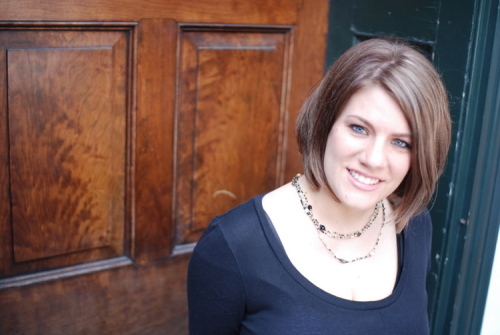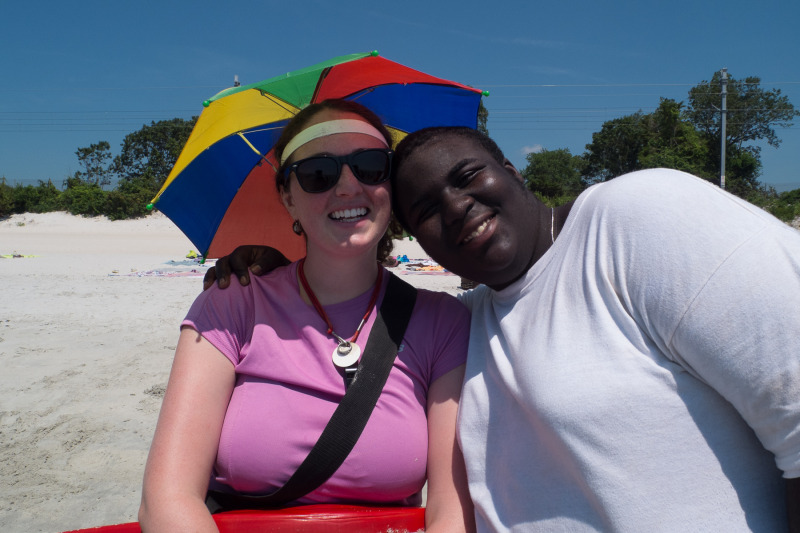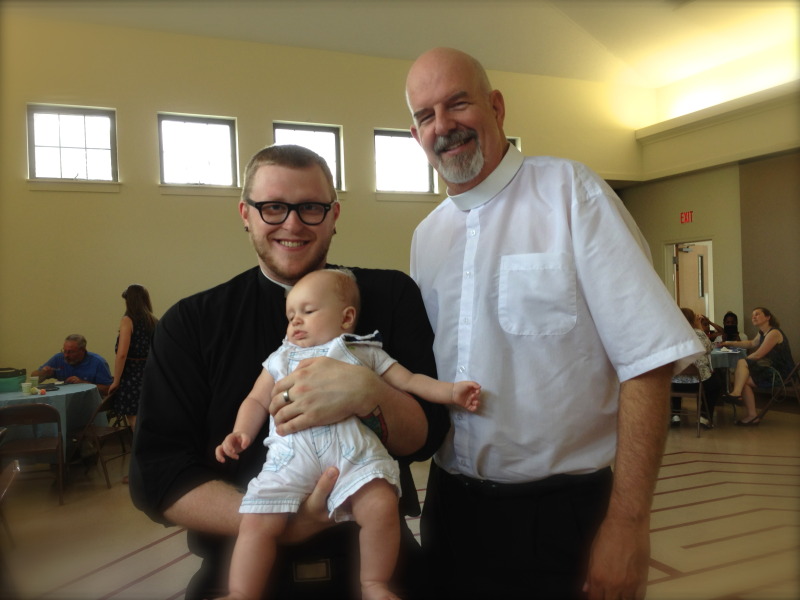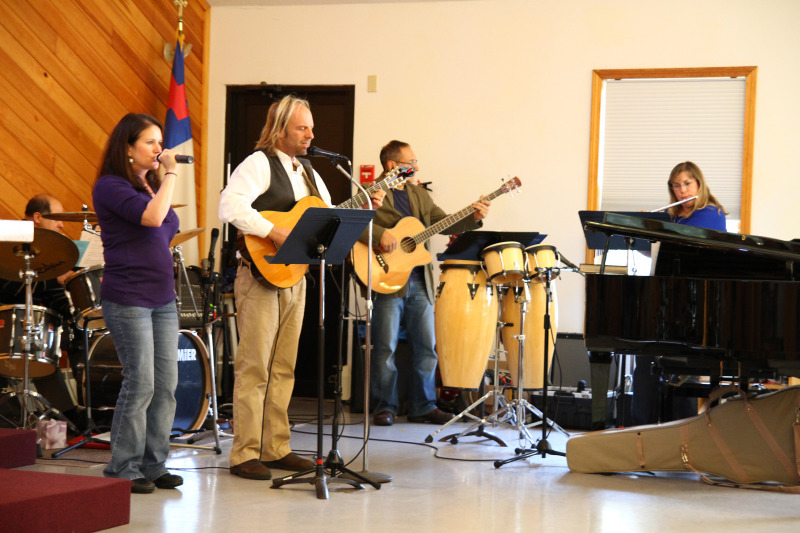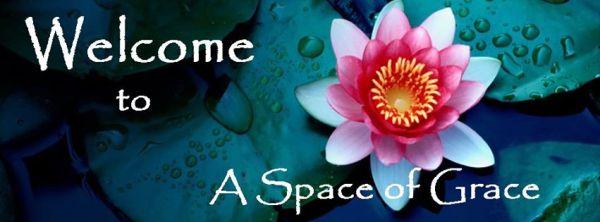What I've learned after 144
No, this is not my age.
As I prepare to hop on a plane to Pittsburgh for the ELCA Churchwide Assembly, followed by two weeks of vacation on Marthas Vineyard with the President, I thought I'd stop in with a brief report of my time as nearly a year as Bishop of the New England Synod. 144 is the number of congregations I was able to visit in my first full year. There are 184 congregations of the New England Synod, and it is my intent to get to the rest of those congregations in the coming year.
 These visits have allowed me to connect with the vast majority of our churches and people, as well as clergy along with rostered leaders. I tell people that it is the best part of my work in this first year. And that is true, therefore, it is my intent to continue visiting, preaching and being a mobile bishop.
These visits have allowed me to connect with the vast majority of our churches and people, as well as clergy along with rostered leaders. I tell people that it is the best part of my work in this first year. And that is true, therefore, it is my intent to continue visiting, preaching and being a mobile bishop.
In addition, my staff of Associates all live throughout the New England region, and they will also be on the road making connections in the regions they serve.
What have I learned in these 144 visits to congregations, plus Camp Calumet, Hospitals, University campuses, etc?
I could make a list, and come up with a David Letterman top 10, but today, I'm less interested in a series of bullet points. No, I'm looking for a common thread. The one overarching Hegelian theme that ties it all together. I thought I had it, but then a series of conversations last week, made me realize, nope that's not it either. Then last night, a Baptist preacher brought it all home to me. My translation of his delving into greek origins of words, history of Tyndale's english translation, and Biblical epic narrative of first century christianity:
People don't want church anymore, they want authentic community.
Church is a bad word for most people, but authentic community represents our deepest human desire.
While a few of you may be disturbed by that statement, most of you who read this blog know what I'm talking about. Many of us are tired of what the word 'church' represents - crumbling buildings, people arguing about finance and membership, food fights about non-essentials, idolatry, performance anxiety (as in putting on the happy face, clothes, etc in order to measure up).
Yet, in the words of Brene Brown, "everywhere I go in my consulting with churches people talk about how all these people are leaving the church, but everywhere I go in my research work all I meet are people who all they want to do is talk about spirituality."
Authentic community, a modern phrase that seeks to capture the original intent of the greek word Ekklesia, is what people long for in their lives. Opportunities to grow in faith, in connection with others, in a sense of being recognized and honored for the flawed and imperfect people that we are - that my friends is what Jesus Christ is all about. (I'm starting to engage my preacher voice in my head) So people want church, but not church. They want ekklesia (gathering, assembly, authentic community) but not church (small mindedness, cheap grace, etc)
What I've learned after a 144 church visits is that people don't want church as a place to go and do things, they desire a church that is a gathering of people who will be with them on the journey of life. That's our goal, and that is Jesus goal.
It will not be easy to get there. Why? because, as much as we desire it two things stand in our way. One is external. We have structures that actually impede movement toward this goal. The other is more challenging, because it is internal. As much as we desire this authentic jesus community, we also are so frightened by it that we sabbaotage any effort. It will not be easy, but it is where God is calling us. But if we are willing to risk, be vulnerable and laugh along the way, I believe we can move toward being ekklesia - a gathering of disciples living in authentic community for the good of the world.



